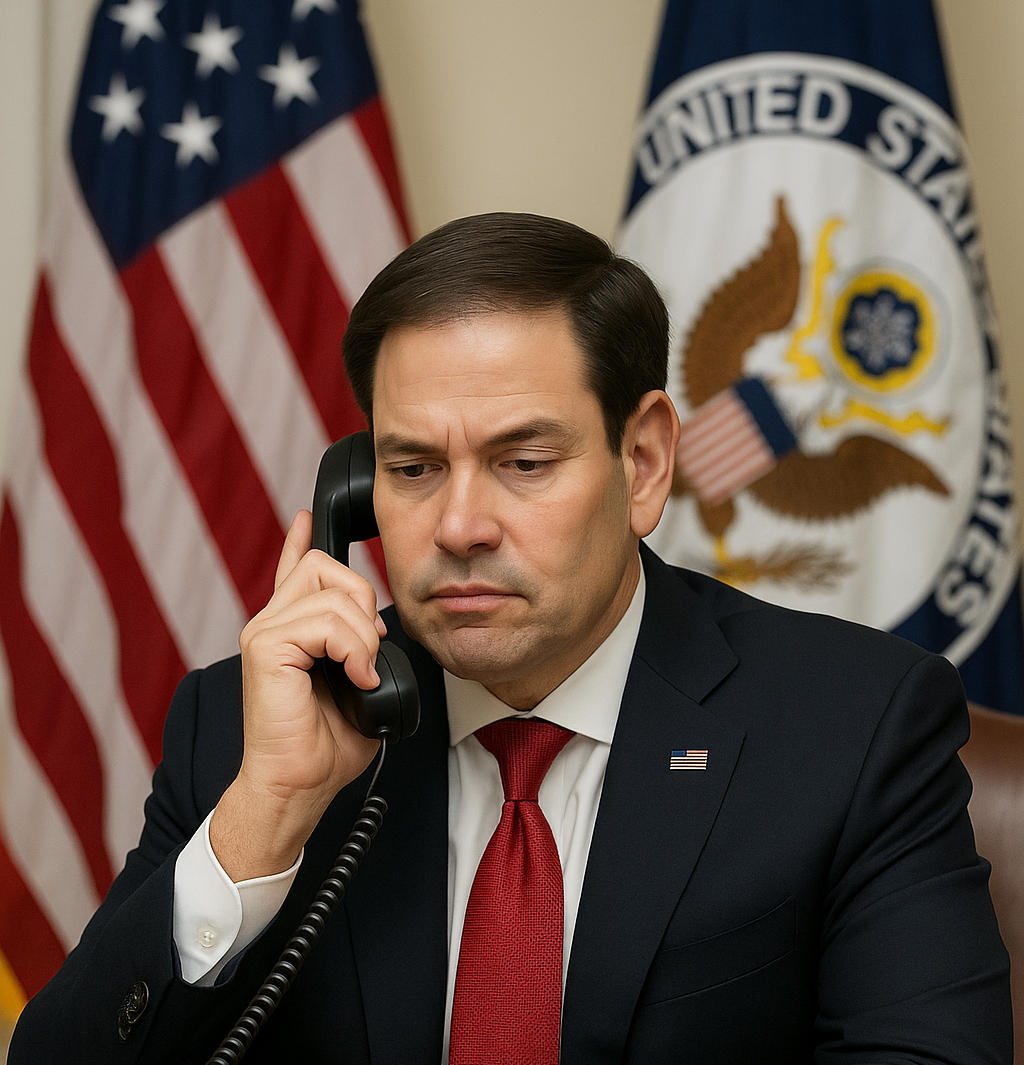In a major diplomatic intervention reflecting the gravity of the unfolding crisis in South Asia, U.S. Secretary of State Marco Rubio directly contacted Pakistani Army Chief General Asim Munir on May 9. The rare outreach signals Washington’s concern over the deepening conflict between India and Pakistan, which has seen missile strikes, aerial confrontations, and mounting civilian and military casualties in recent days.
This marks a shift in Rubio’s diplomatic approach, as earlier conversations had been limited to Pakistan’s civilian leadership, including Prime Minister Shehbaz Sharif. According to U.S. State Department spokesperson Tammy Bruce, Secretary Rubio called for immediate de-escalation and offered American support to facilitate dialogue between the two countries. The United States has emphasized the need for both sides to prevent further deterioration of relations, citing the grave risk of a broader military confrontation between two nuclear-armed powers.
The outreach follows India’s missile strikes on May 7 targeting alleged terrorist infrastructure in Pakistan and Pakistan-administered Kashmir, carried out in response to the deadly April attack in Indian Kashmir that killed 26 people, mostly Hindu tourists. In retaliation, Pakistan claimed to have downed five Indian aircraft and vowed a forceful response, pushing bilateral tensions to their highest point in over two decades.
The international community has expressed mounting alarm. The United Nations, along with key global players such as the United States, has urged restraint. Civil aviation concerns have also emerged, with at least 57 commercial aircraft from Saudi Arabia, Qatar, the UAE, Thailand, South Korea, and China reportedly present in Pakistani airspace during the Indian strikes, according to flight tracking data. Meanwhile, in Muzaffarabad, the capital of Pakistan-administered Kashmir, a religious seminary sustained heavy damage, fueling local anger and further complicating the situation.
Adding to the crisis, Indian officials reported three separate fighter jet crashes overnight in Indian-administered Kashmir. The pilots involved are hospitalized, but the Indian embassy in Beijing dismissed Pakistani claims of shooting down the aircraft as “disinformation.”
The conflict is also taking a toll on Pakistan’s fragile economy, which is still reeling despite securing a $7 billion IMF bailout package in 2024. Analysts warn that the continued escalation could destabilize an already vulnerable economic environment, with long-term implications for regional security.
The roots of the current standoff lie in a long and turbulent history of India-Pakistan tensions, dating back to the 1947 Partition and exacerbated by wars in 1965, 1971, and 1999. The 1972 Simla Agreement, which created the Line of Control, has done little to prevent frequent military flare-ups. Cultural ties, including sporting exchanges, have been suspended since the 2008 Mumbai attacks, contributing to a persistent atmosphere of mistrust.
Rubio’s direct call to General Munir reflects Washington’s recognition of the Pakistan military’s decisive role in national security affairs and its influence over Islamabad’s posture during crises. The U.S. hopes this engagement will help create space for diplomatic resolution before the situation spirals into an uncontrollable military conflict.













